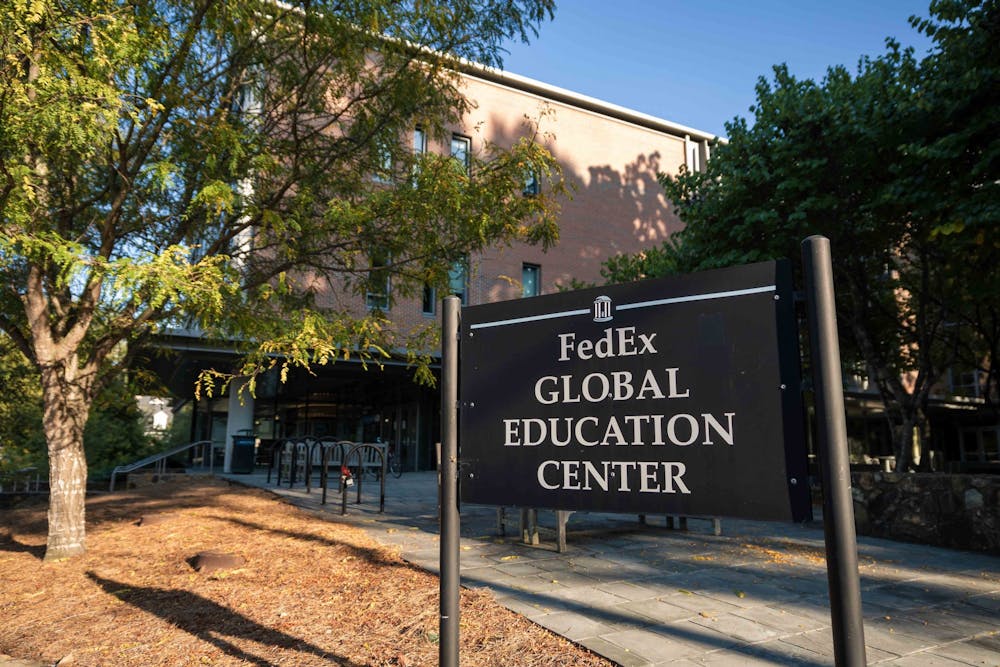The Carolina Asia Center and the UNC Department of Asian and Middle Eastern Studies are hosting a workshop on Sinophone literature — Chinese language literature — on Friday, Sept. 23 at the FedEx Global Education Center.
The workshop will be a roundtable discussion featuring author Li Zishu and professors E.K. Tan and Darwin Tsen. This marks the beginning of an event series with the Carolina Asia Center on Southeast Asia, said Robin Visser, associate professor in the Department of Asian and Middle Eastern Studies.
Zishu will speak about her works on Malaysian-Chinese fiction and the panelists will discuss Sinophone literature with a south Pacific Asian perspective, Visser said.
Sinophone literature refers to writers who live outside of mainland China, from Taiwan to Singapore to even the U.S., Visser said. Often, these writers' first language may or may not be Chinese, she said.
“In the field of Chinese studies, Sinophone has a broader sense,” Visser said. “It's meant to deconstruct a homogenous understanding of Chineseness as only deriving from, for example, Mandarin-speaking Chinese.”
The Chinese-speaking population in Malaysia is still in the minority. Visser said in this discussion, she hopes people will learn more about the diversity of cultural perspectives that come out of southeast Asian countries and the uniqueness of the Chinese-Malaysian community.
“I just really think we all will have a lot to learn from these scholars who I feel like (their) southeast Asia perspectives have been underrepresented at UNC in general,” Visser said. “I'm really hoping that this is a stimulating beginning to more scholarly presentations on this topic.”
Tan, a professor at Stony Brook University, has taught courses on cultural studies that often include discussions on Sinophone culture and communities. He said he tries to be sensitive of the power structure that the Sinophone community struggles with because of the colonial history in Singapore and Malaysia in the past.
As a Singaporean, Tan said he has also struggled with identifying as either Chinese or Singaporean.



